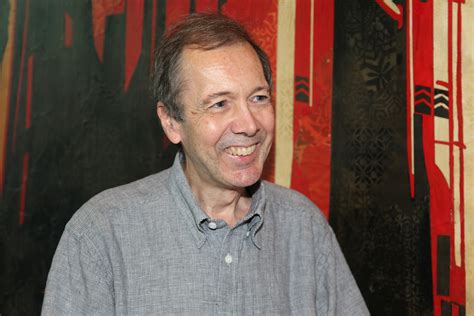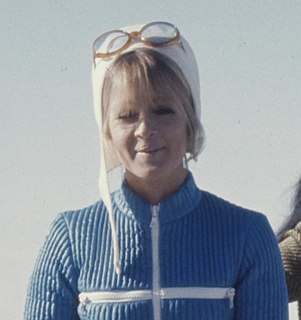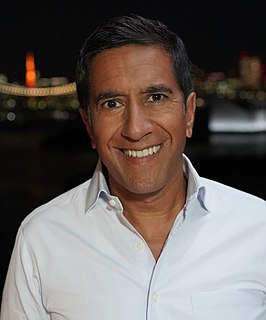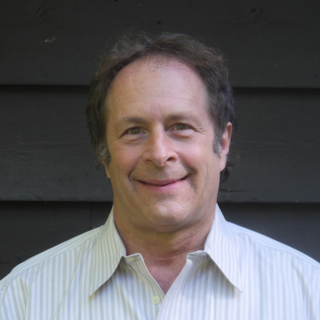A Quote by P. J. O'Rourke
Marijuana is self-punishing. It makes you acutely sensitive, and in this world, what worse punishment could there be?
Quote Topics
Related Quotes
The answer comes to me through studying the lives of the Rosa Parks and the Vaclav Havels and the Nelson Mandelas and the Dorothy Days of this world. These are people who have come to understand that no punishment that anybody could lay on us could possibly be worse than the punishment we lay on ourselves by conspiring in our own diminishment, by living a divided life, by failing to make that fundamental decision to act and speak on the outside in ways consonant with what we know to be true on the inside.
I'd always been acutely sensitive to my surroundings - and aware that I could make them rather than just observe them. So I began by designing interiors for myself, for friends, for clients - I just felt that I'd discovered my element, and those who really looked at what I was doing liked it - and the rest followed.
[Marijuana] doesn't have a high potential for abuse, and there are very legitimate medical applications. In fact, sometimes marijuana is the only thing that works... [I]t is irresponsible not to provide the best care we can as a medical community, care that could involve marijuana. We have been terribly and systematically misled for nearly 70 years in the United States, and I apologize for my own role in that.
The government has a monopoly on the supply of marijuana that you can use in FDA-approved research. So even though there are 20 states and the District of Columbia [that have legalized medical marijuana], and there's marijuana everywhere, we've spent seven years trying to get 10 grams of marijuana for vaporizer research. We're the only people in America that can't get 10 grams of marijuana.
Anger should be especially kept down in punishing, because he who comes to punishment in wrath will never hold that middle course which lies between the too much and the too little. It is also true that it would be desirable that they who hold the office of Judges should be like the laws, which approach punishment not in a spirit of anger but in one of equity.
I think the other side of this is in this balance between the social state and the punishing state, remember, the social state has been decimated. And the question becomes, how is finance capital, how does the 1 percent now resort to governing? And they govern basically through a form of lawlessness and what I call the punishing state, in which we've had a punishment creep, and now it moves from the prison to almost every institution in society, from airports to schools to social services.


































